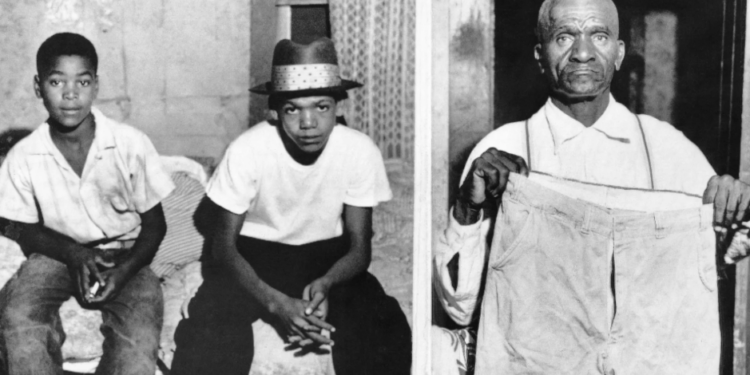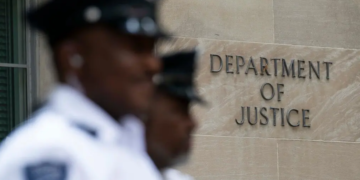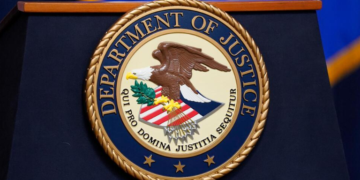Dec 14, 2024 Story by: Editor
A review by Axios of the National Archives’ new Civil Rights Cold Case Records Collection portal reveals just three digitized unsolved cases of lynchings, racial violence, and murders of Black Americans spanning several decades.
The Bigger Picture: The Civil Rights Cold Case Records Collection portal is the federal government’s latest initiative to index civil rights violations and provide a subject guide. This effort stems from a law designed to seek justice for the victims of these historical injustices.
Why It Matters: Following the Reconstruction era, the federal government — along with numerous states — rarely pursued allegations of racial violence and civil rights violations until the Civil Rights Movement began.
- The lack of action fueled distrust for decades, leaving families with little hope for justice.
- The portal’s initial entries highlight three victims.
The Cases Include:
- Hattie Debardelaben, a 46-year-old farmer killed in 1945 by Deputy Clyde White and federal officers during a warrantless search of her Alabama home for illegal whiskey.
- Leroy Bradwell, a 26-year-old WWII veteran who disappeared in Florida in 1946 after being wrongly accused of writing an obscene letter to a white woman.
- Rev. Samuel Earl Sawyer, Sr., a 39-year-old father of five killed by a Georgia state trooper in 1948.
State of Play: The National Archives plans to release more records soon.
- The existing cases were included under the Civil Rights Cold Case Records Collection Act, signed into law in 2019 during former President Donald Trump’s first term.
- This legislation established an independent review board, separate from the FBI, to oversee the release of related documents.
- Although Trump did not nominate members to the board during his term, the U.S. Senate approved President Joe Biden’s nominees in 2022.
Zoom In: Before the act, accessing records of unsolved cases required Freedom of Information Act (FOIA) requests, a slow and often heavily redacted process.
- The federal government has faced longstanding criticism for its inadequate response to racial injustices, including its failure to prosecute lynchings, mob killings, and other racial terror throughout the 20th century.
Case in Point: In September, the U.S. Department of Justice (DOJ) launched its first-ever investigation into the 1921 Tulsa Race Massacre, one of the deadliest racial attacks in American history.
- The massacre devastated a thriving Black economic hub, famously known as “Black Wall Street.”
- Assistant Attorney General Kristen Clarke announced the investigation under the Emmett Till Unsolved Civil Rights Crime Act, which allows the federal government to investigate civil rights crimes resulting in death that occurred before December 31, 1979.
Clarke stated: “We have no expectation that there are living perpetrators who could be criminally prosecuted by us or by the state.” However, she confirmed that the DOJ will release a report analyzing the massacre under both modern and historical civil rights laws.
Looking Back: In 2021, the DOJ closed its second investigation into the 1955 death of Emmett Till, a 14-year-old Chicagoan brutally tortured and murdered by white supremacists after a white woman claimed he propositioned her.
- Witnesses indicated Till had whistled at the woman, Carolyn Bryant Donham.
- Although Donham reportedly recanted her testimony later in life, the DOJ found no verifiable evidence of the recantation and formally closed its probe.
- Donham’s death in 2023 at age 88 ended hopes that anyone involved in Till’s murder would face justice.
This renewed focus on historical civil rights violations reflects a commitment to acknowledging and addressing the systemic failures of the past. Source: Axios
















